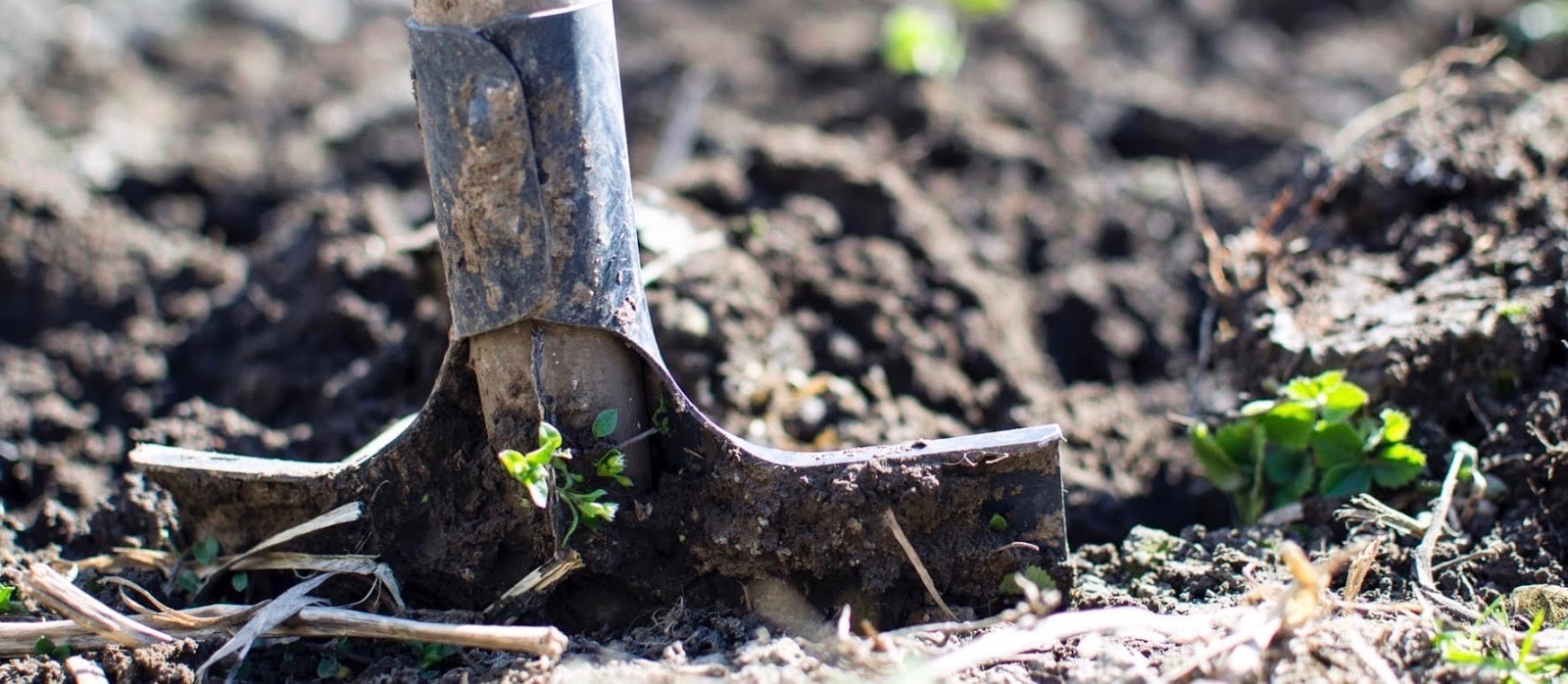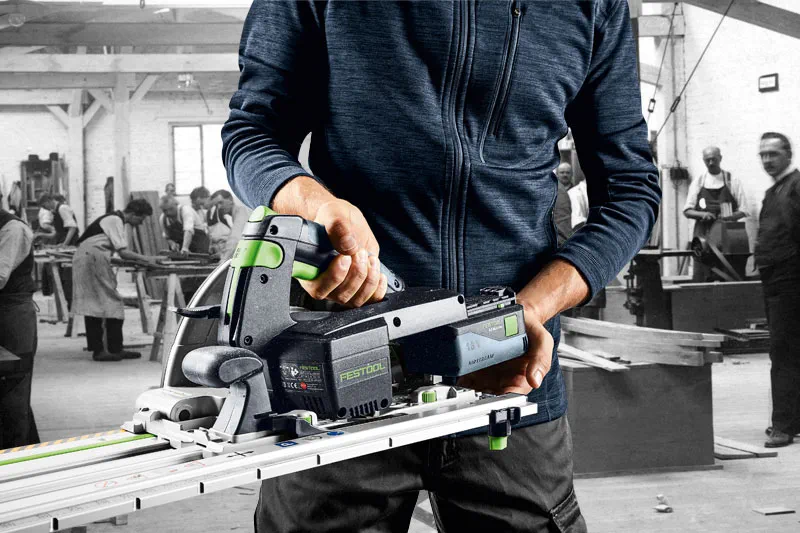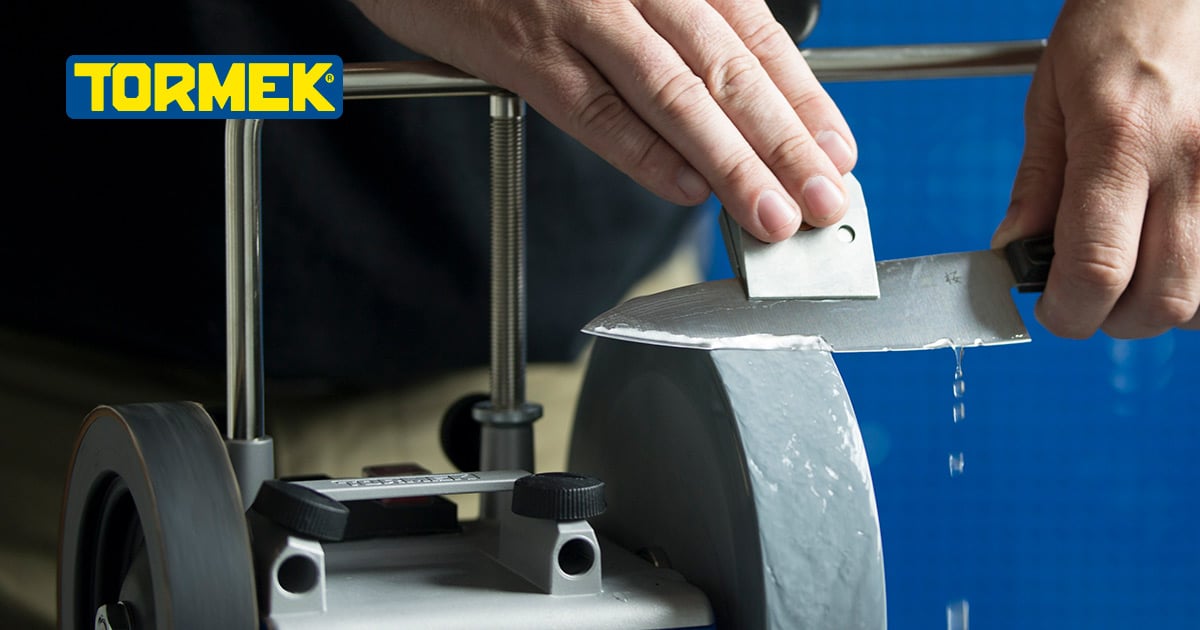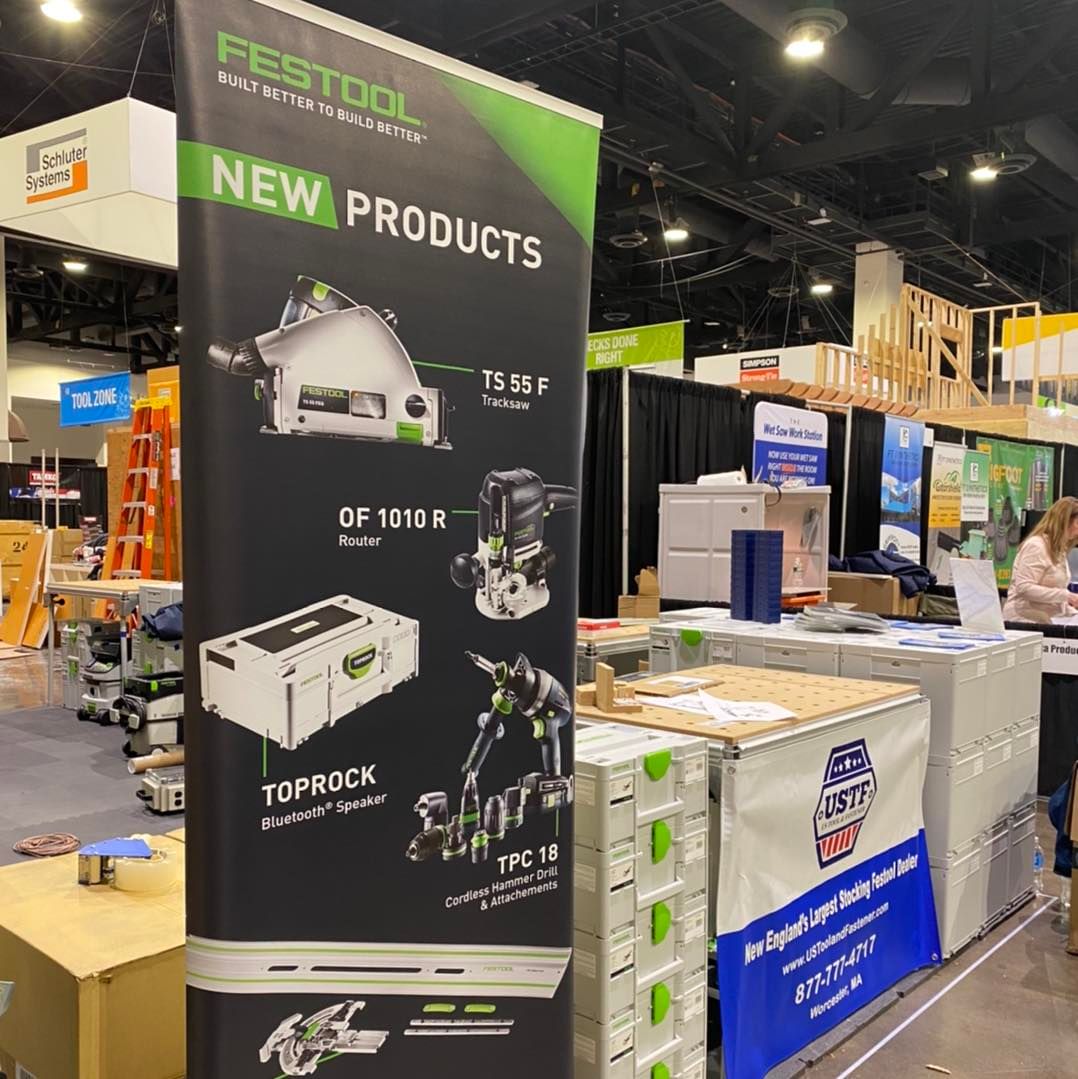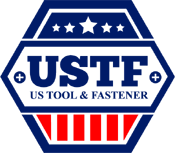Whenever you’re working outdoors for an extended period of time, you need to make sure you’re well prepared for anything the environment could throw your way.
Whether it’s the dead of winter or the peak of summer, every season of the year has its own unique challenges you’ll have to be prepared to deal with. To help you and your team of renovators plan ahead, here are some tips for working outdoors that will help you stay safe, productive, and successful all year round.
Prepare for Seasonal Allergies
Seasonal allergies affect more than 50 million Americans every year. These allergies affect everyone differently, with some people experiencing minimal, almost unnoticeable symptoms while others can be so affected that their symptoms can resemble a serious cold or a fever.
If you’re working outside, then there’s not much you can do to avoid stirring up pollen and other allergens. However, the more prepared you are for those allergens, the easier your work will be and the more effective you can be at fending off the symptoms those allergens can cause.
Some commons steps to take in preventing serious allergy symptoms include:
-
Monitoring pollen forecasts
-
Wearing face-masks or other protective gear in high-allergen areas
-
Changing your clothing before going home to get rid of lingering allergens
-
And taking advantage of over-the-counter allergy medications
The more prepared you are for allergy season, the easier it’ll be for you to control your exposure to potential allergens and treat any symptoms you may or may not encounter while on the job.
Wear the Proper Clothing
Depending on the temperature outside, you’re going to want to make sure you and your team are wearing the right kind of clothing.
If you’re working outside during the colder seasons, then you obviously need to dress in layers as they will offer you the best insulation. The clothing that’s closest to your skin should always be made of wool, silk, or synthetic fabric in these colder situations, as it’s these materials that will keep moisture away from your body and help keep you warm.
While not quite as vital as it is during the winter, the right kinds of clothing can go a long way towards improving your summer working experience as well. Lighter colored clothes won’t absorb heat the way black and darker colored clothing will. Your best bet is to stick with white and neutral colored materials whenever possible.
Keep an Eye on the Forecast
You might not be able to control the forecast, but you can prepare for it. Paying attention to the forecast is a simple, effortless habit that will keep you updated on the expected weather conditions coming up in the near future.
If it’s supposed to rain on a day you’re planning on working outside, you’ll want to know that ahead of time so you can either reschedule the project to a different day or get the equipment you’ll need to keep you and your tools dry and on schedule. The same idea goes for a snowstorm, a heat wave, or any other kind of inclement weather that could hinder your work.
Have the Proper Equipment
Ultimately, the best tip anyone could offer you for working outdoors is to make sure you have the proper equipment. Having the right tools and equipment will help you work faster and more efficiently, which means less time spent outdoors in potentially unfavorable weather.
Whether it’s making sure you have the best cordless drills on the market, a healthy stock of bug spray for the warmer months, a portable heater for the winter season, or even a durable coffee machine to keep you and your team energized, the right equipment can streamline the project and improve everyone’s productivity and well-being.

